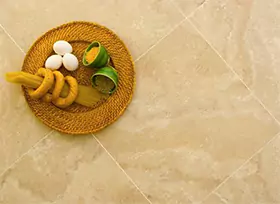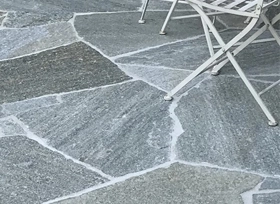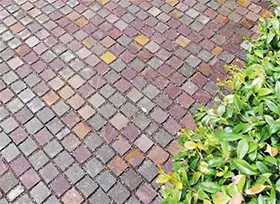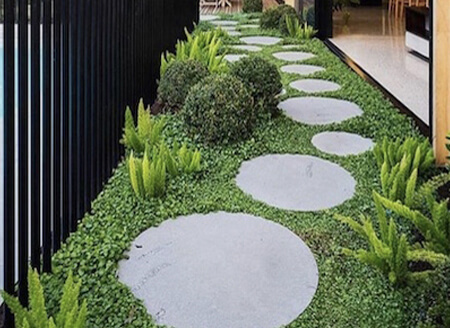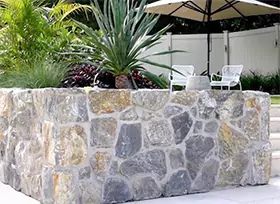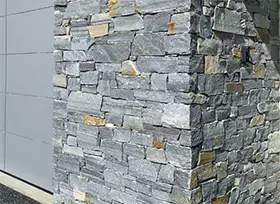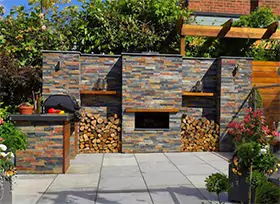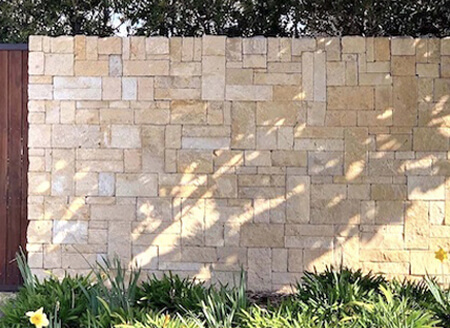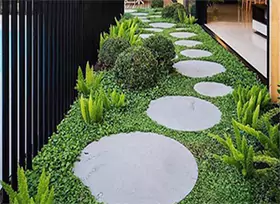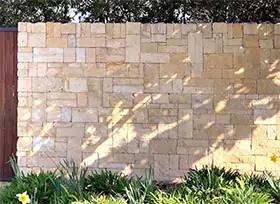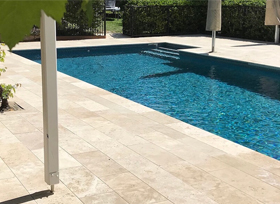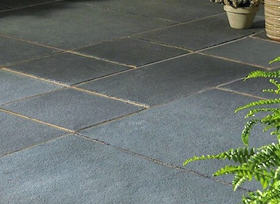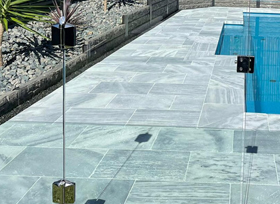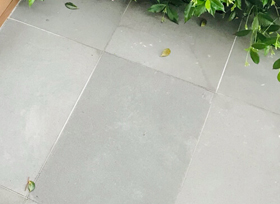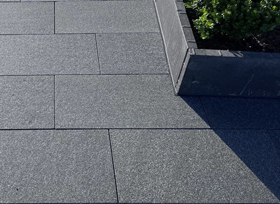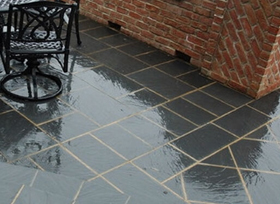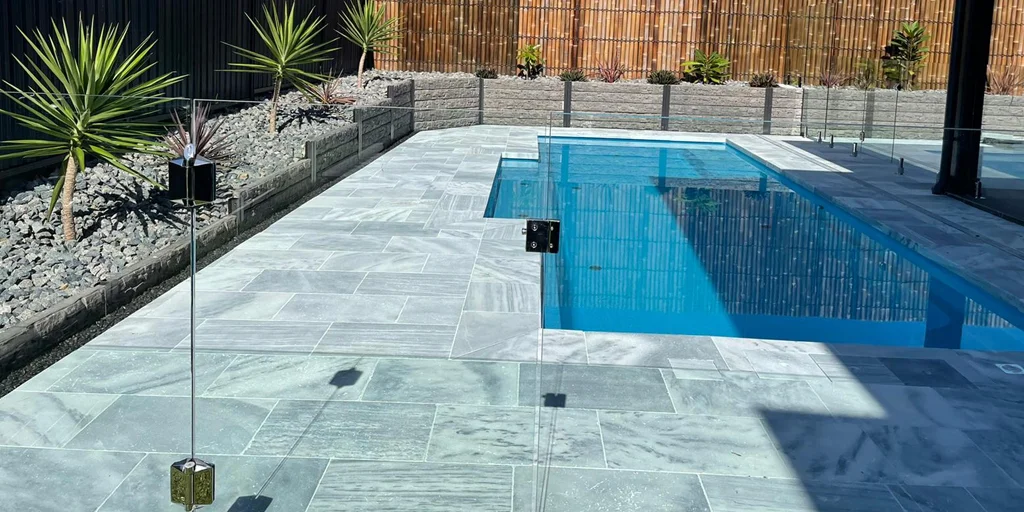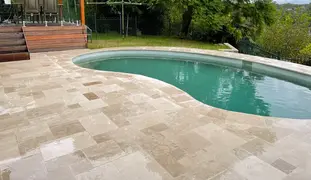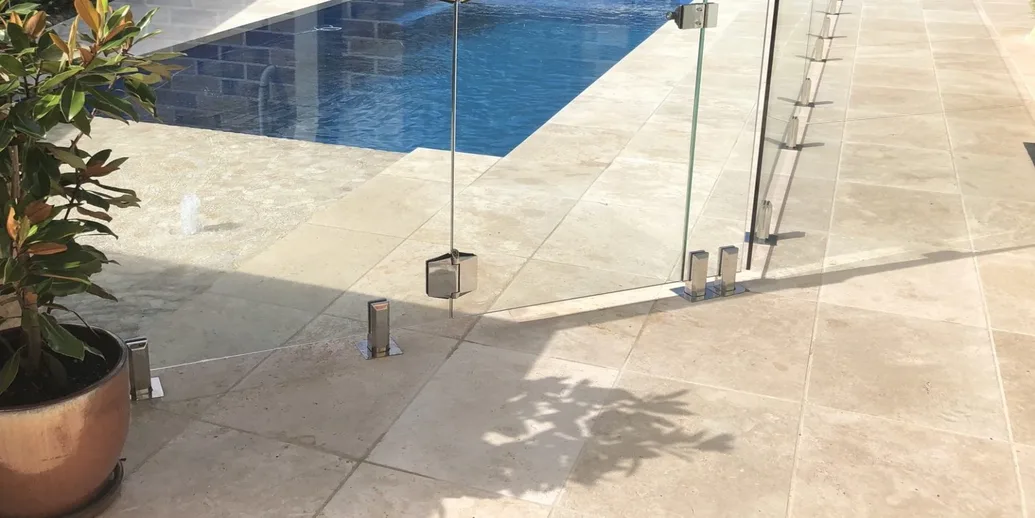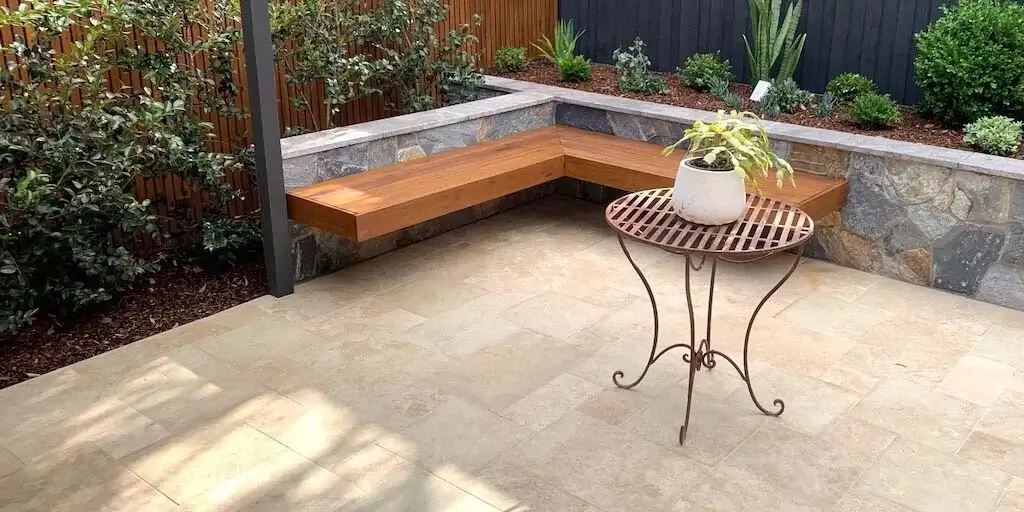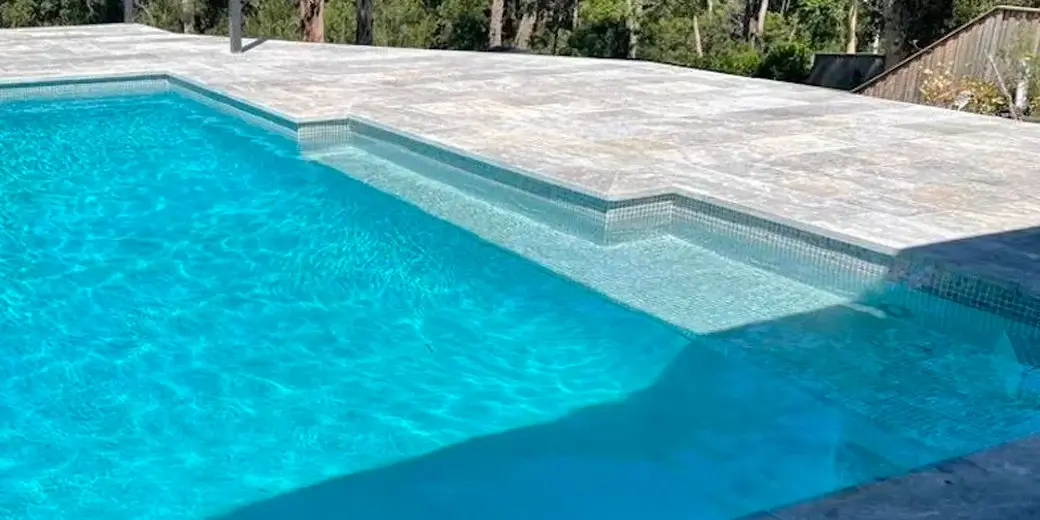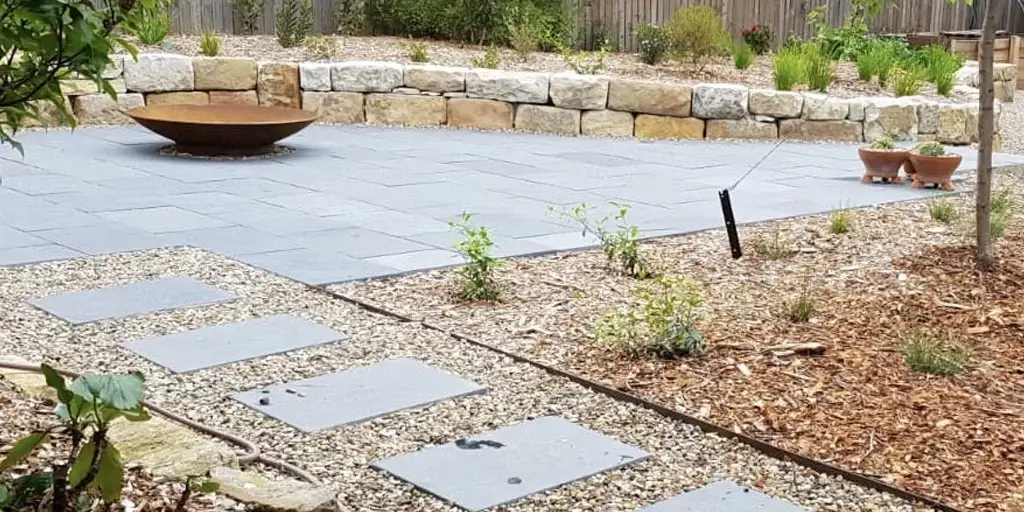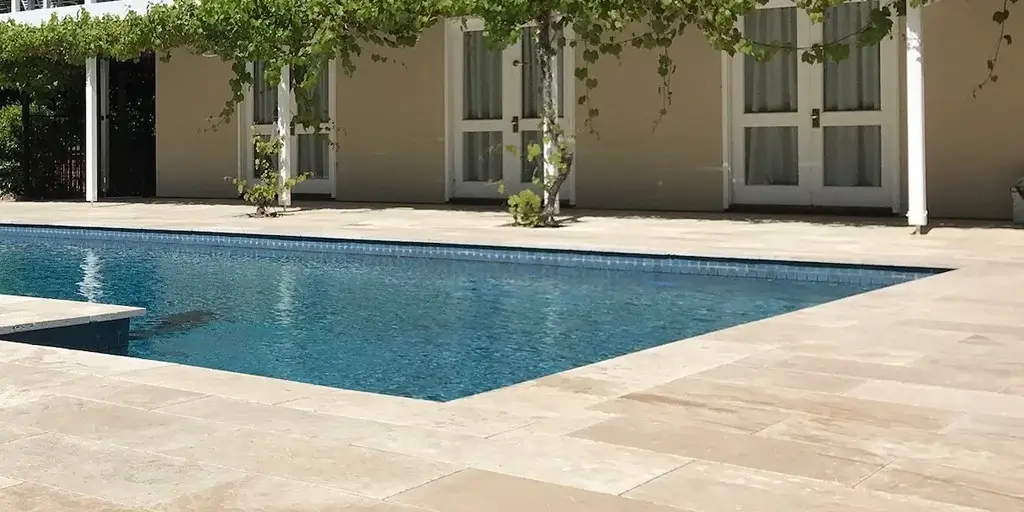Floors made of natural stones have several benefits including pleasing aesthetics, strength, slip resistance, and many more. However, the stones come do pose some challenges due to their innate characteristics. These can be countered by the right maintenance and care. Here are a few tips and tricks to clean natural stone floors so that they keep looking good and spare you the hassles of maintenance in the long run:
Sealing
Right while installing the pavers or tiles, make sure they have been sealed. Since stones have naturally occurring pores on the surface, it makes them prone to staining and moisture damage besides bacterial infestation. Sealing creates a protective layer over the stone surface and minimizes the chances of future damage. It also aids in easy cleaning of the paving stones. Be it Travertine coping, Granite flooring, Sandstone pavers or any other flooring, sealing is a basic prerequisite for every natural stone before you think of its maintenance.
Frequent cleaning
Irrespective the stone is sealed, or the strength it has, regular cleaning is the key to maintaining them. All you need to do is sweep the dirt and mop with a damp cloth. No chemical is required in this process. Regular water does the job. Washing with water helps clear the dust and grime settled on the surface or grout joints. Clearing debris frequently would also reduce the chances of staining. This is true for both indoor and outdoor floors.
Avoid pressure washing natural stone floors as it affects the sealing, opens the pores, weakens the grouting or any coating, and eventually leads to saturating the stone. In case it is unavoidable, keep the intensity low or go for hose washing. Mostly after pressure cleaning, the stones require sealing. It is hence advisable to avoid the same.
Stain removal
There are various ways to remove stains from natural stone. The process depends on the type of stain and of course the kind of stone it is.
- The moment you notice a spill, clean it immediately, especially dark coloured liquids like wine, fruit juice, coffee, tea, or oily food items. Since natural stones are porous, they tend to absorb liquid spills and get stained before you know it. This is likely to happen in light-coloured stones like Limestone, Travertine, Marble, or Sandstone. It is hence advisable to clean the stains with a damp cloth as soon as it happens.
- A simple solution of warm soapy water is enough to cleanse the stain from any stone flooring. Pour the solution on the stain, allowing it to rest for at least half an hour. Thereafter, gently scrub with a soft-bristled brush and the stain should be gone. In softer stones like Travertine and Marble pavers, replace the brush with a damp mop. This is universally accepted and a safe method of stain removal from natural stones.
- Never rush to use acidic solutions or alkaline-based cleaners to get rid of the stains from natural stone floors. Such cleaners only cause more harm to the surface instead of removing the blemishes. It is advisable to read the label of the commercially available cleaners while purchasing. All cleaners should be pH-neutral. Some chemicals are specially formulated for specific stones. Please confirm with the seller/retailer during purchase.
- For deeper stains, baking soda is the safest alternative. Apply a paste of baking soda and water over the stain and leave it for 24 hours. Gently scrub the area and rinse it with plain water. Stains on Sandstone pavers, Travertine floor tiles, and Marble floors can easily be cleaned with a baking soda solution.
- Internet is flooded with a lot of DIY videos on cleaning natural stone floors with vinegar. Please be cautious while using vinegar because it strips off the natural colour of the stone, causing it to discolour and make it look ugly. Refrain from using vinegar while cleaning Travertine floor or Marble stone. Diluted vinegar can still be used to clean Limestone and Bluestone floors.
- Moss, mould, and algae growth usually occur on floors in shaded areas, places with high humidity, or where natural light doesn't reach. To get rid of them, make a paste of hydrogen peroxide and poultice, apply to the affected areas, and leave it for 24 hours. Scrub off the affected area with a semi-hard bristled brush. This would slow down future growth and get rid of the existing growth too. Diluted hydrogen peroxide works well on Sandstone, Marble, Bluestone, and Travertine. In the case of Granite floor, simply brush the area in dry condition. No solution is required to cleanse moulds or algae from Granite floor.
Summing up
Cleaning natural stone floors is a simple task provided you do it frequently and abide by the special instructions. If you are regular with cleaning the stones, there are fewer chances of damage or maintenance in the future. While every stone has specific needs, the care and cleaning tips are almost similar. Read the labels of the product carefully before investing in them and use commercial cleaners sparingly.
*Disclaimer: All information and advice given above in the blog are to the best of our knowledge. Please reconfirm at your end before execution.




